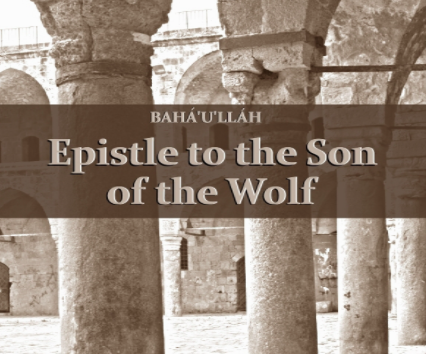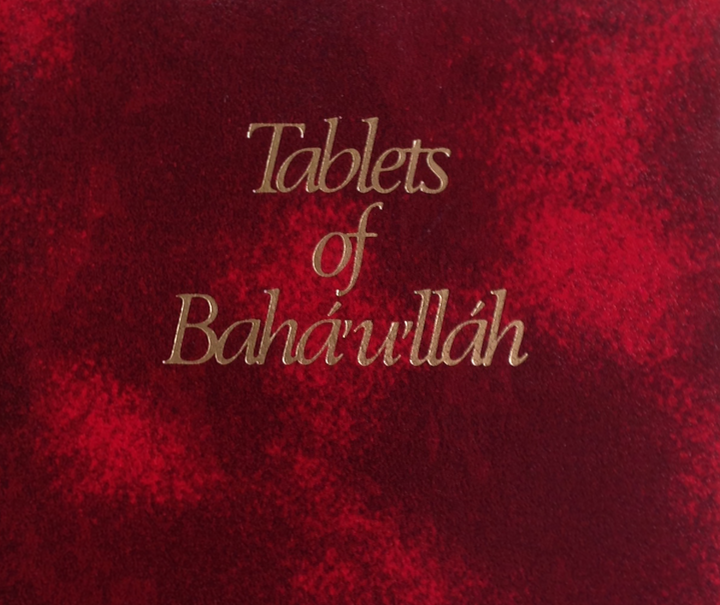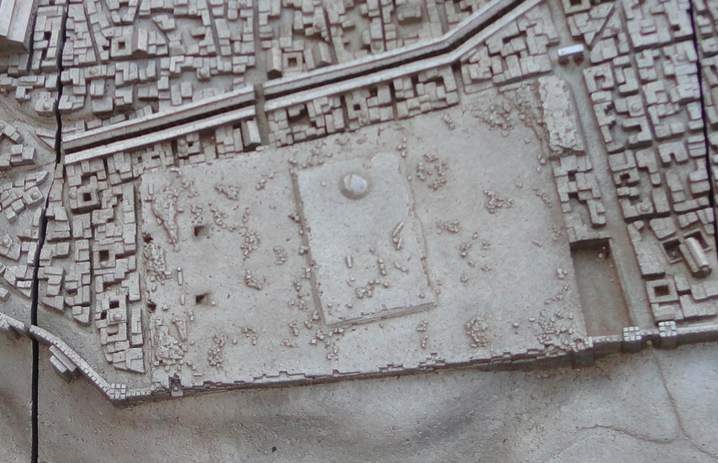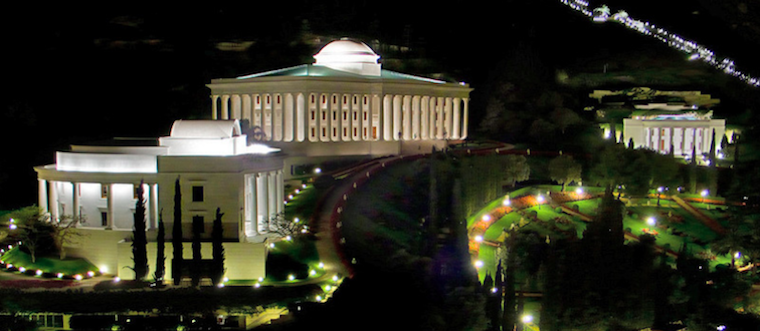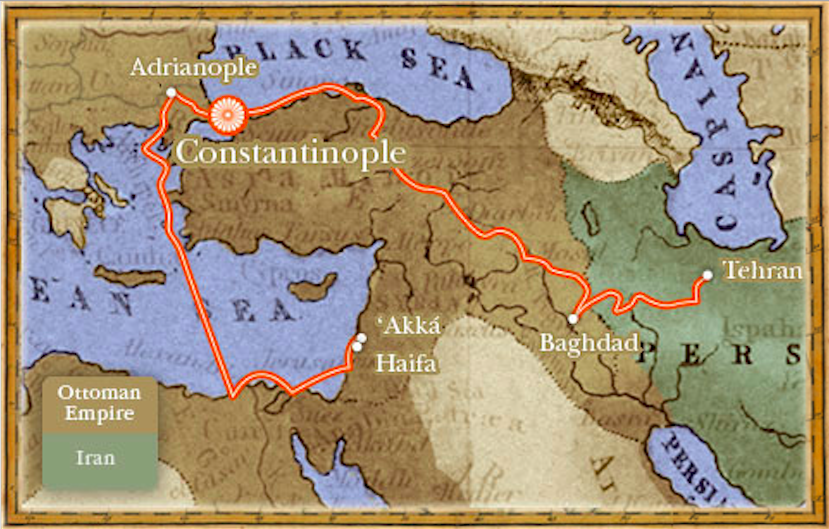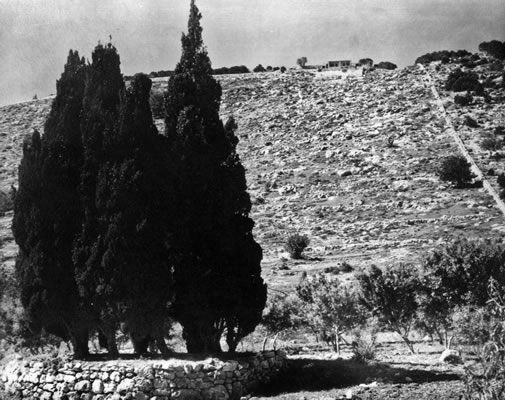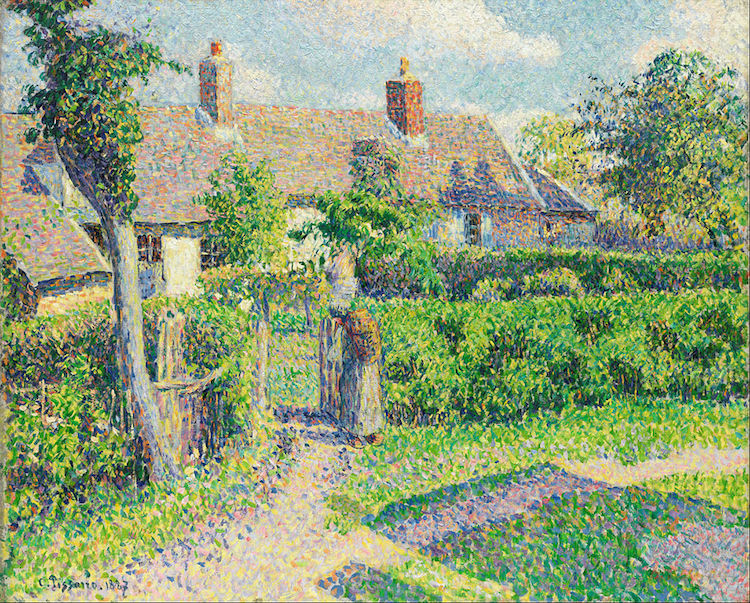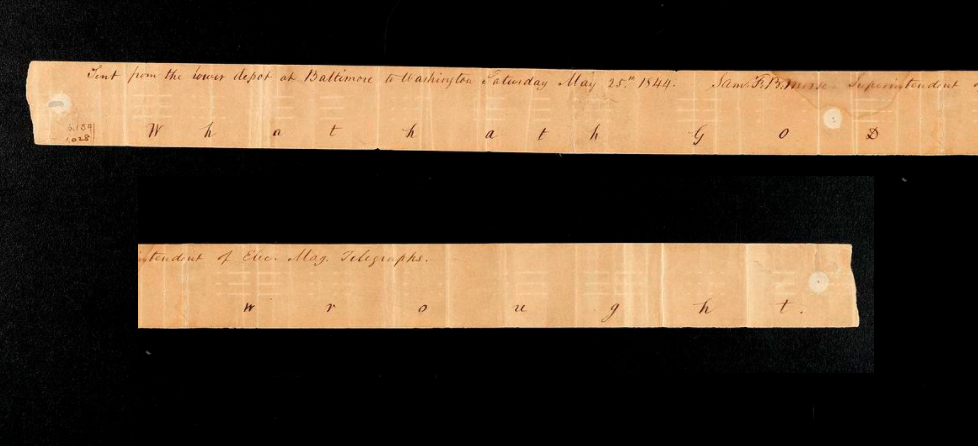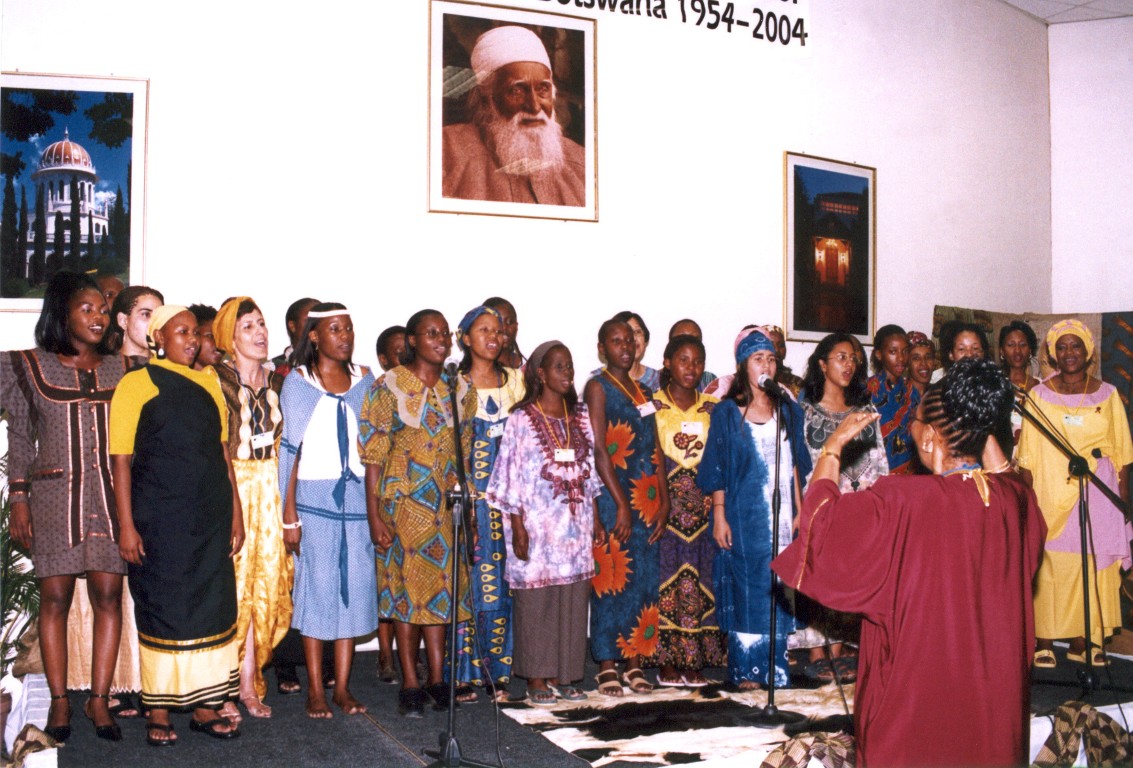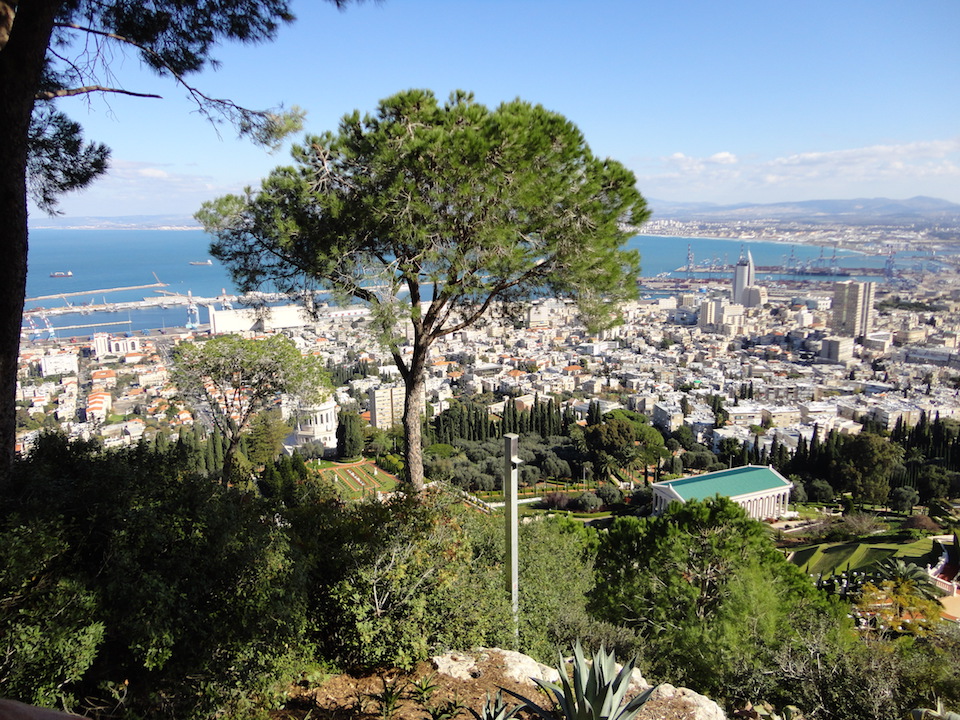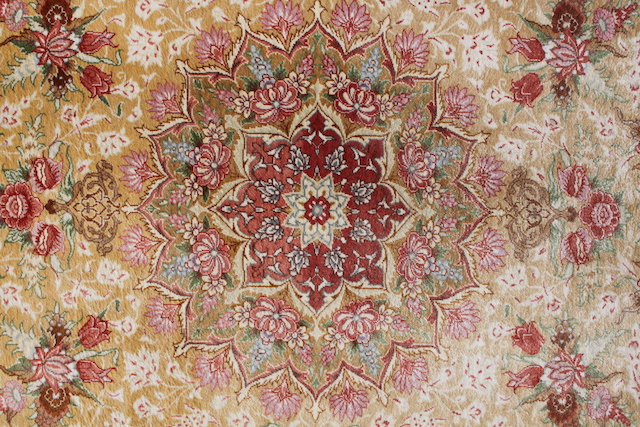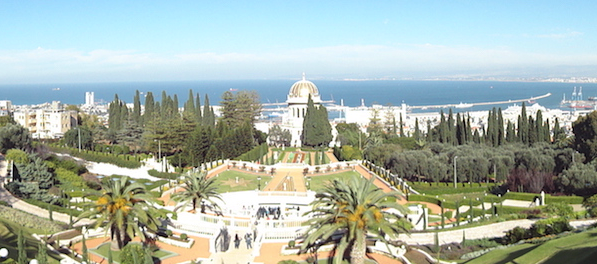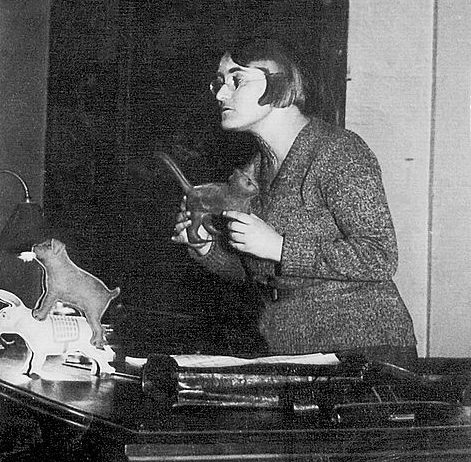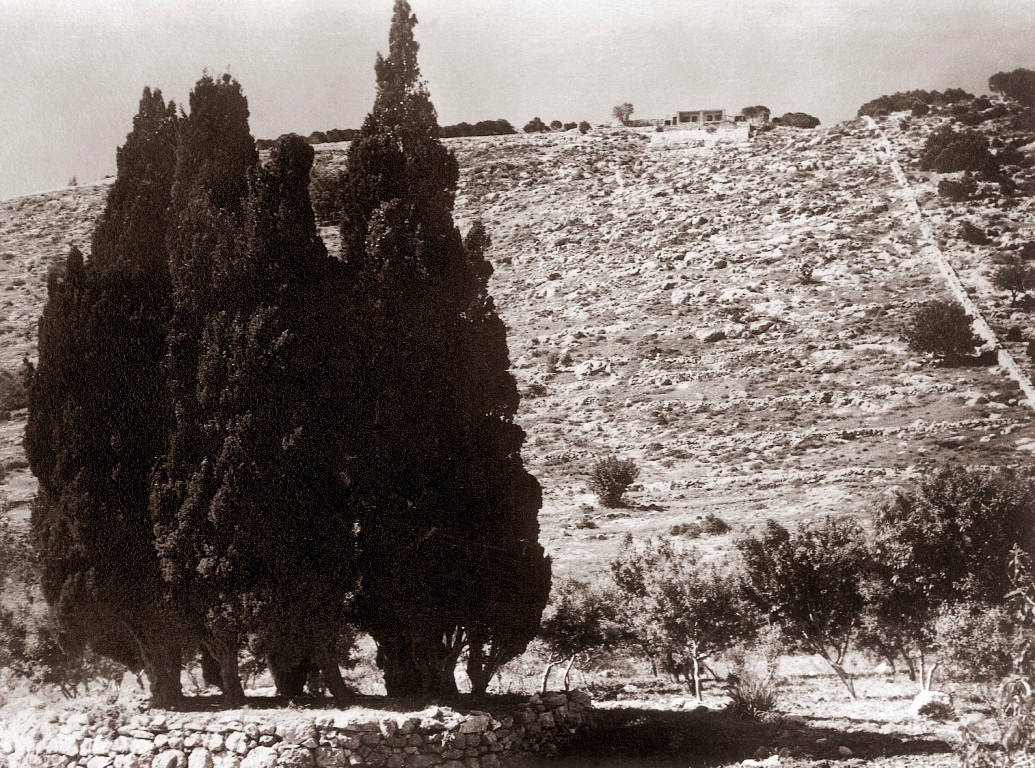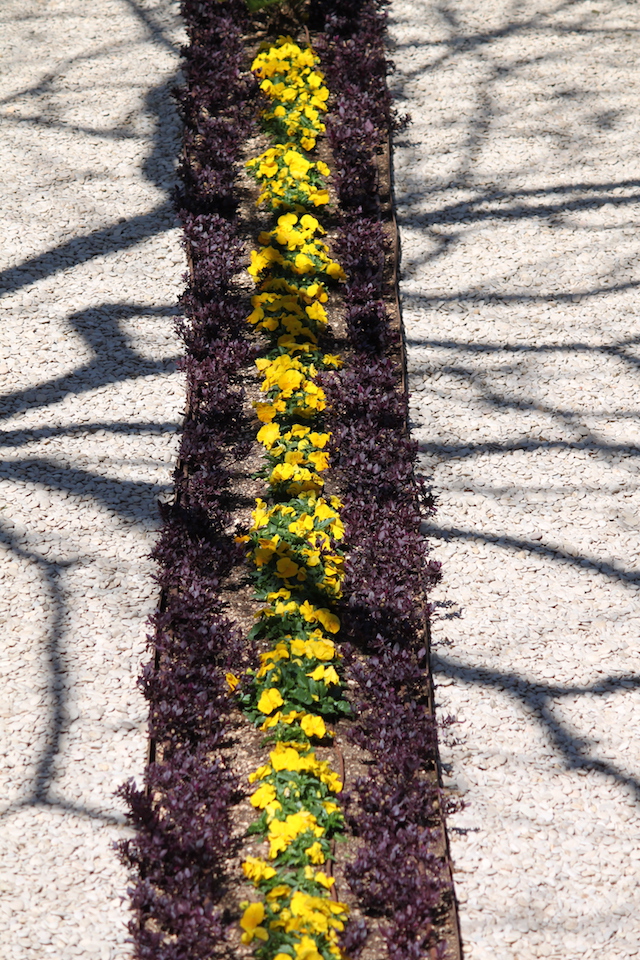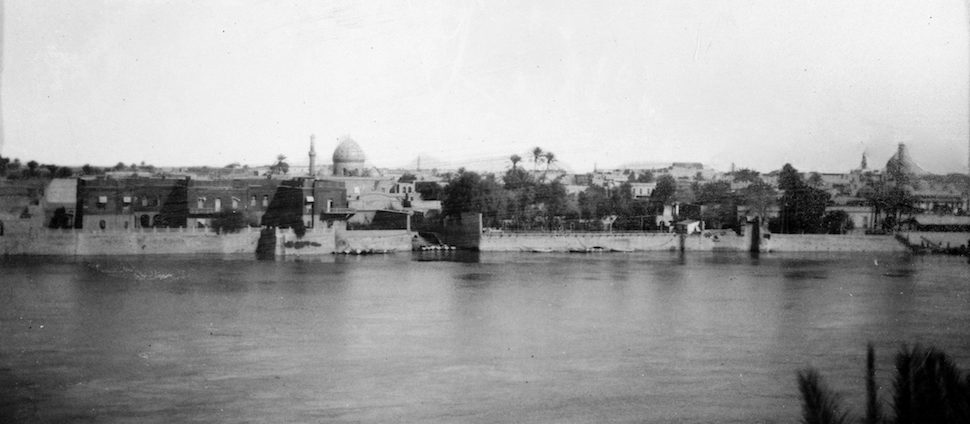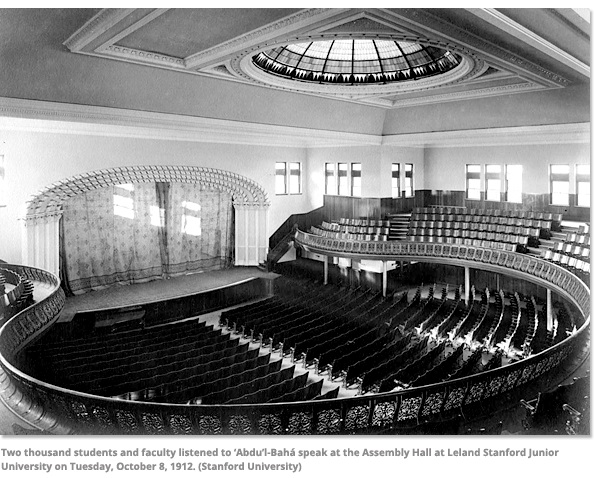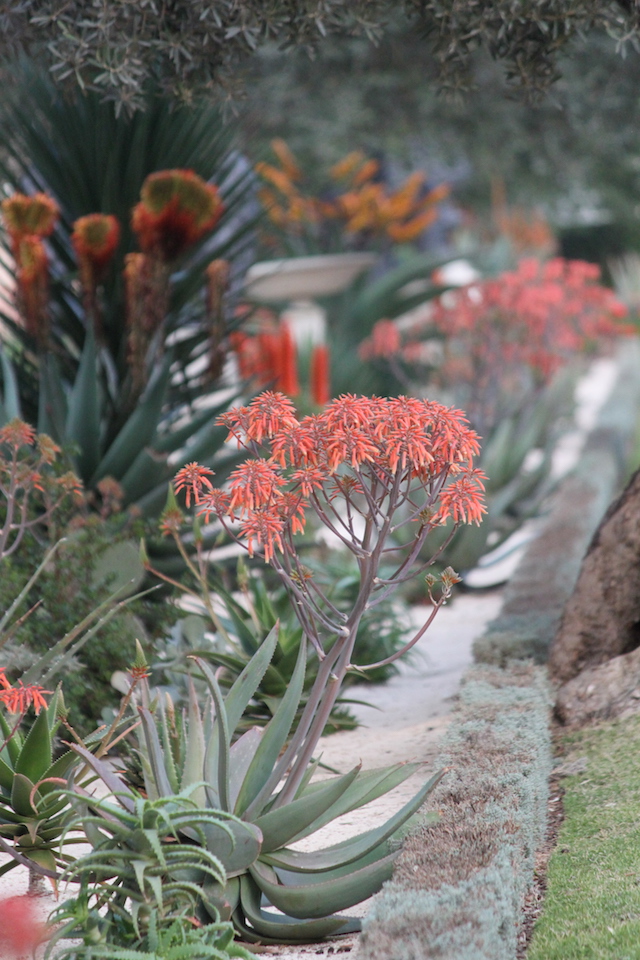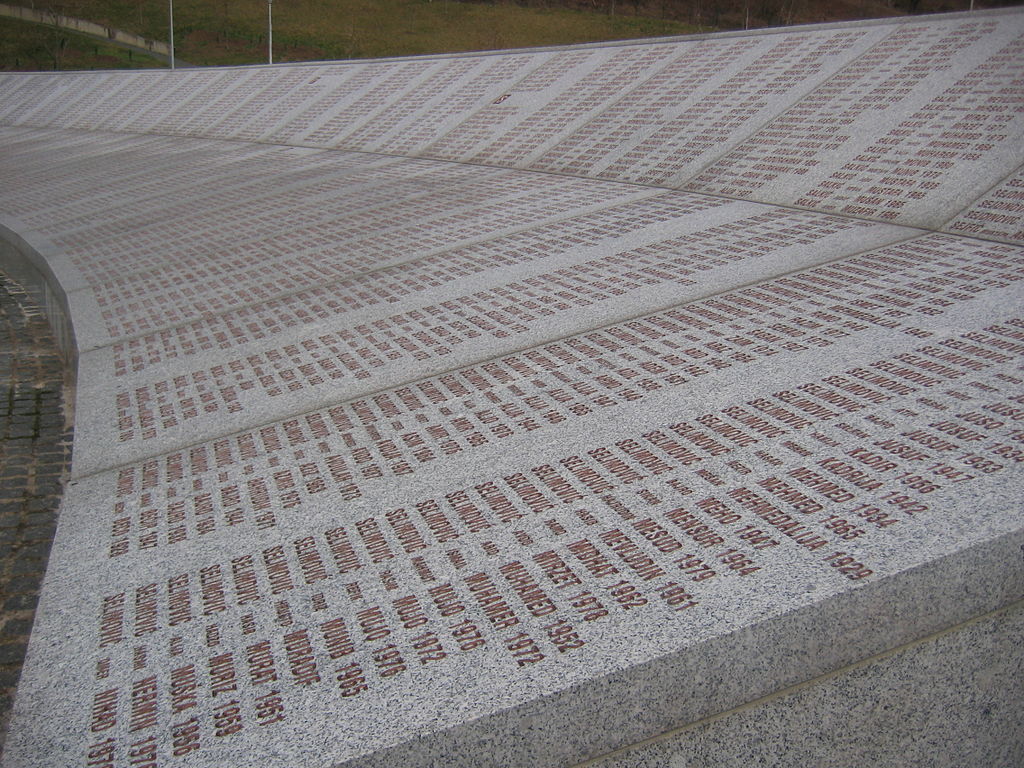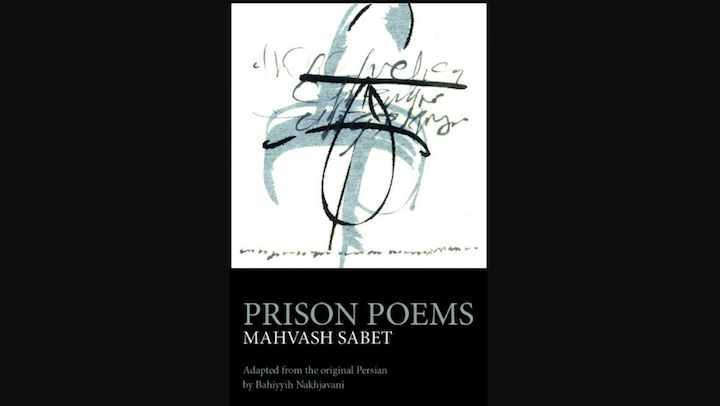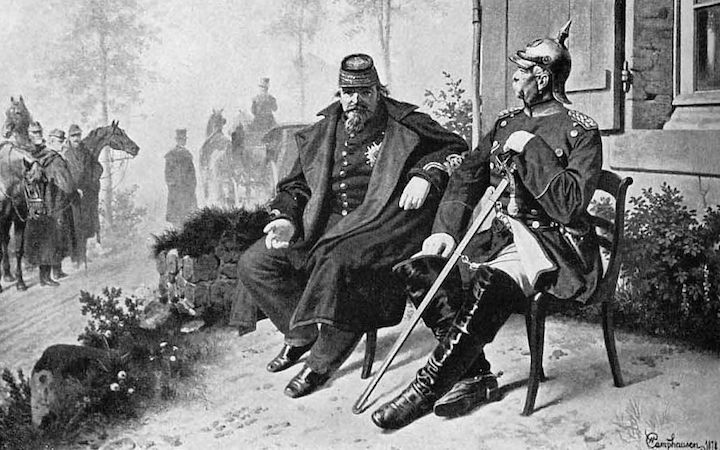-
The Epistle to the Son of the Wolf – Oneness of Religion, Oneness of Humanity
The Epistle to the Son of the Wolf is Bahá’u’lláh’s last major work, written in the last year of his life. It is Bahá’u’lláh’s own summation of his life and teachings. It was addressed to a brutal persecutor of the followers of Bahá’u’lláh, a priest in Isfahan, Aqa Najafi. In his persecutions of the Baha’is, Aqa Najafi collaborated with and followed in the footsteps of his father – “the Wolf” – who had earlier been responsible for the brutal murder of two Baha’is in that city. The opening passages of the Epistle invite Aqa Najafi to seek forgiveness from God for his crimes and provides him with the words to do so.…
-
The Tablet of Carmel – Charter for the Spiritual and Administrative Centre of the Baha’i Faith
It is for good reason that Shoghi Effendi identifies the Tablet of Carmel as one of the charters of the Baha’i Faith. It is particularly associated with the development of the Baha’i World Centre on the slopes of Mt Carmel. It is in the words of Shoghi Effendi: “the Charter of the World Spiritual and Administrative Centers of the Faith”.[1] Some of the Tablet of Carmel’s pertinent words are as follows: Rejoice, for God hath in this Day established upon thee His throne, hath made thee the dawning-place of His signs and the dayspring of the evidences of His Revelation. … Call out to Zion, O Carmel, and announce the joyful…
-
The Tablet of Carmel – Separation from Thee
The Tablet of Carmel is in the form of a dialogue between Mt Carmel and Bahá’u’lláh. And like many of Bahá’u’lláh’s works, the words simultaneously speak at many levels. One of the most moving passages of the Tablet of Carmel is that in which the mountain laments her separation from Bahá’u’lláh. Separation from Thee, O Thou Source of everlasting life, hath well nigh consumed me, and my remoteness from Thy presence hath burned away my soul. All praise be to Thee for having enabled me to hearken to Thy call, for having honored me with Thy footsteps, and for having quickened my soul through the vitalizing fragrance of Thy Day and the shrilling voice of…
-
The Tablet of Carmel – Ancient Promise Fulfilled
The Tablet of Carmel is a song of redemption. It answers the innumerable prayers offered generation after generation by a suffering humanity. When we look through recorded history we find so many truly appalling examples of human suffering arising from the actions of human beings. In recent times we may think of Lidia Zamenhof whose life was cruelly stolen in the Holocaust and the many tens of millions who with her died in man-made disasters of the 20th century. We may think of the agonising suffering of the followers of the Bab in the pogroms unleashed against them in the mid-19th century. Indeed, in every time and place it has been so…
-
Bahá’u’lláh’s Footsteps on the Mountain
Bahá’u’lláh’s venerable figure slowly ascended the slope of Mt Carmel followed by his disciples. He would have been wearing the light coloured robes and taj headdress characteristic of him; his his sky-blue eyes and face framed by a long beard. Perhaps he carried a staff to assist him in ascending the steep slope of the mountain. His footsteps traced a path leading to a site overlooking the brilliant sea: the most westerly point of the mountain before it plunges down into the sea. Most of the mountain slope was a rock strewn wasteland, little in the vicinity. Below them, however, was an ancient Christian monastery and nearby sites known to local…
-
Mt Carmel: Mountain of the Lord
From time immemorial Mt Carmel has stood the eastern shore of the Mediterranean Sea. Human beings have lived on its slopes for hundreds of thousands of years. Overlooking the sea – Mt Carmel is a great mountain ridge projecting out into the sea and stretching far inland to the south-east. On its northern side stretches a blue and crystal bay. To its east lie the towns and Sea of Galilee where Jesus taught and walked: Cana, Nazareth, Capernaum and Bethsaida. To its south lies the plain of Sharon. And to its west a great sea around which thousands of years of human history unfolded. Its name means “the Vineyard of God”.…
-
Tablet of the World – Five Positive Teachings
In the Tablet of the World, we have already seen Bahá’u’lláh’s condemnation of four evils: The unbelievers and the faithless have set their minds on four things: first, the shedding of blood; second, the burning of books; third, the shunning of the followers of other religions; fourth, the extermination of other communities and groups. Now however, through the strengthening grace and potency of the Word of God these four barriers have been demolished, these clear injunctions have been obliterated from the Tablet and brutal dispositions have been transmuted into spiritual attributes.[1] Such practices have no place in human behaviour. However Bahá’u’lláh also counsels five positive directions, in Tablet of the…
-
Tablet of the World – the Prerequisites of Peace, Understanding and Unity
Bahá’u’lláh observes that each era has its own needs. Attitudes, standards and practices of the past are not applicable to the needs of the present or the future. As to thy question concerning the heavenly Scriptures: The All-Knowing Physician hath His finger on the pulse of mankind. He perceiveth the disease, and prescribeth, in His unerring wisdom, the remedy. Every age hath its own problem, and every soul its particular aspiration. Be anxiously concerned with the needs of the age ye live in, and centre your deliberations on its exigencies and requirements.[1] The world of the past was a world of domination, violent conflict and division. As commented in a previous…
-
The Humility of the Earth
Rarely do we find the quality of humility valued or appreciated in our popular culture. We do not celebrate or place confidence in the humble. Yet they are precisely the kind of people needed for the healing of the world. This, perhaps, is the meaning of The meek shall inherit the Earth It is appropriate. For the word humility is connected with the Earth – humus – from the Latin origins of the word. In short, it recalls the lowliness of the Earth below us. It is curious then that Bahá’u’lláh should use precisely the metaphor of the Earth to capture the essence of humility. They who are the beloved of God,…
